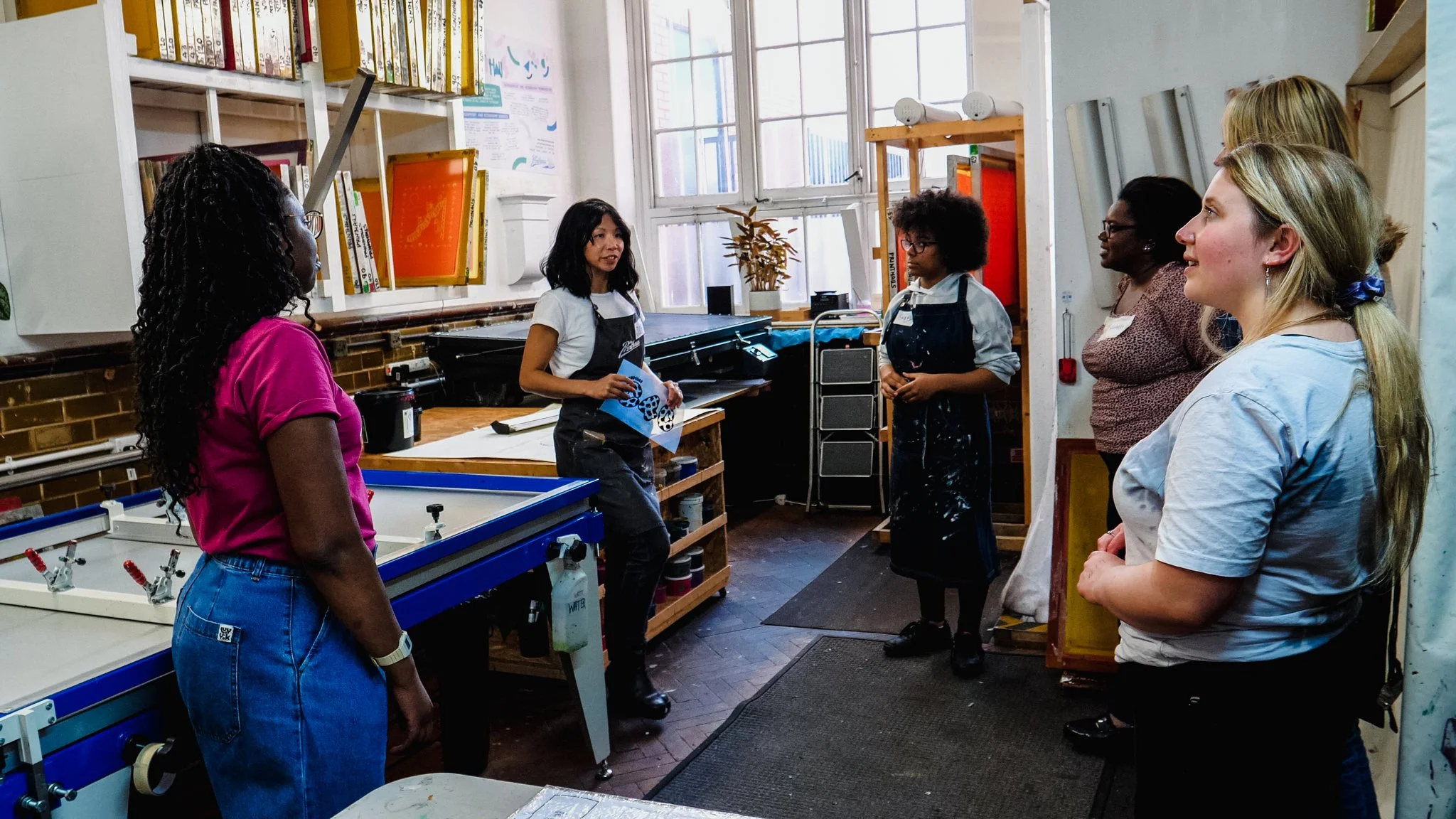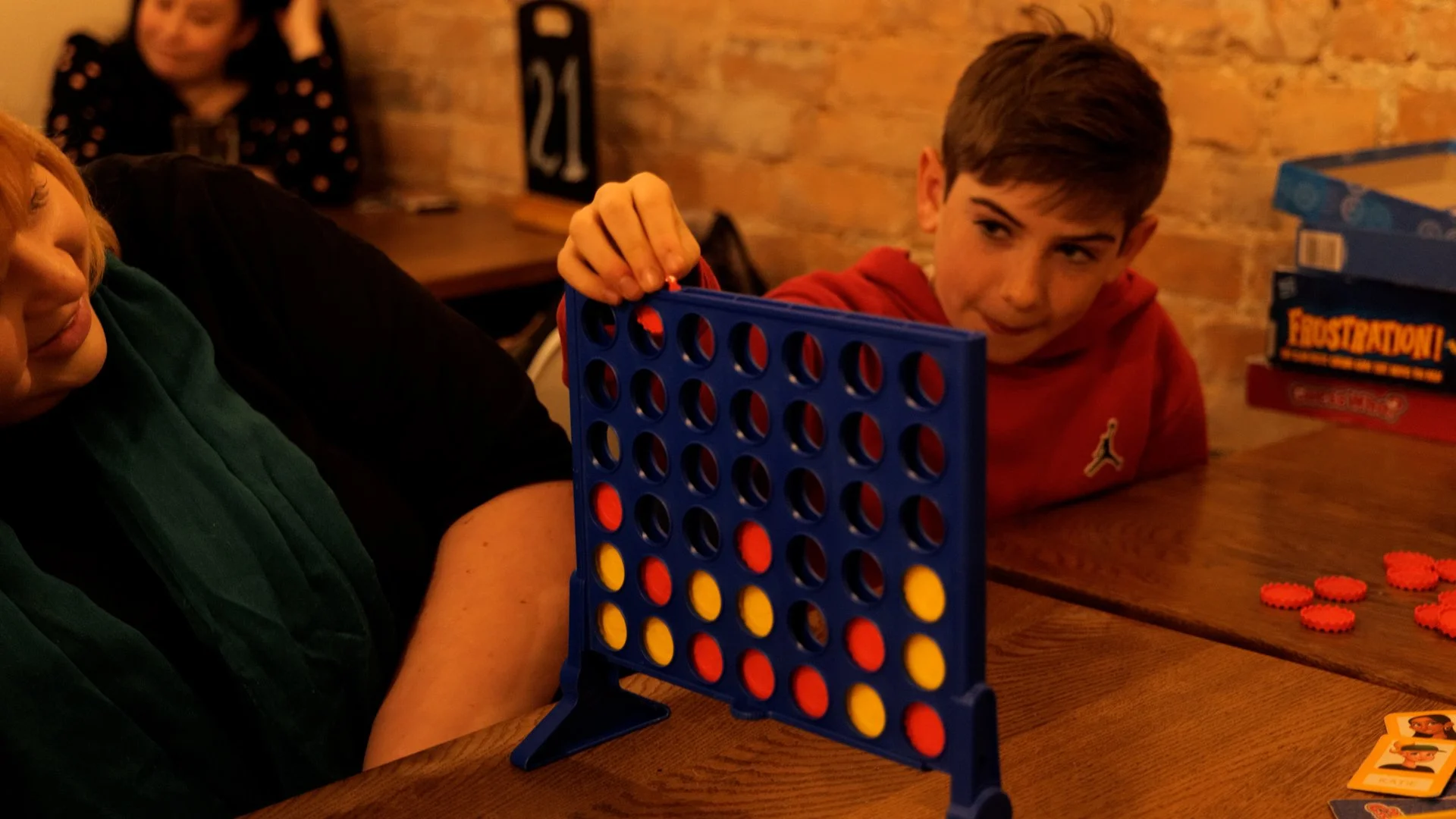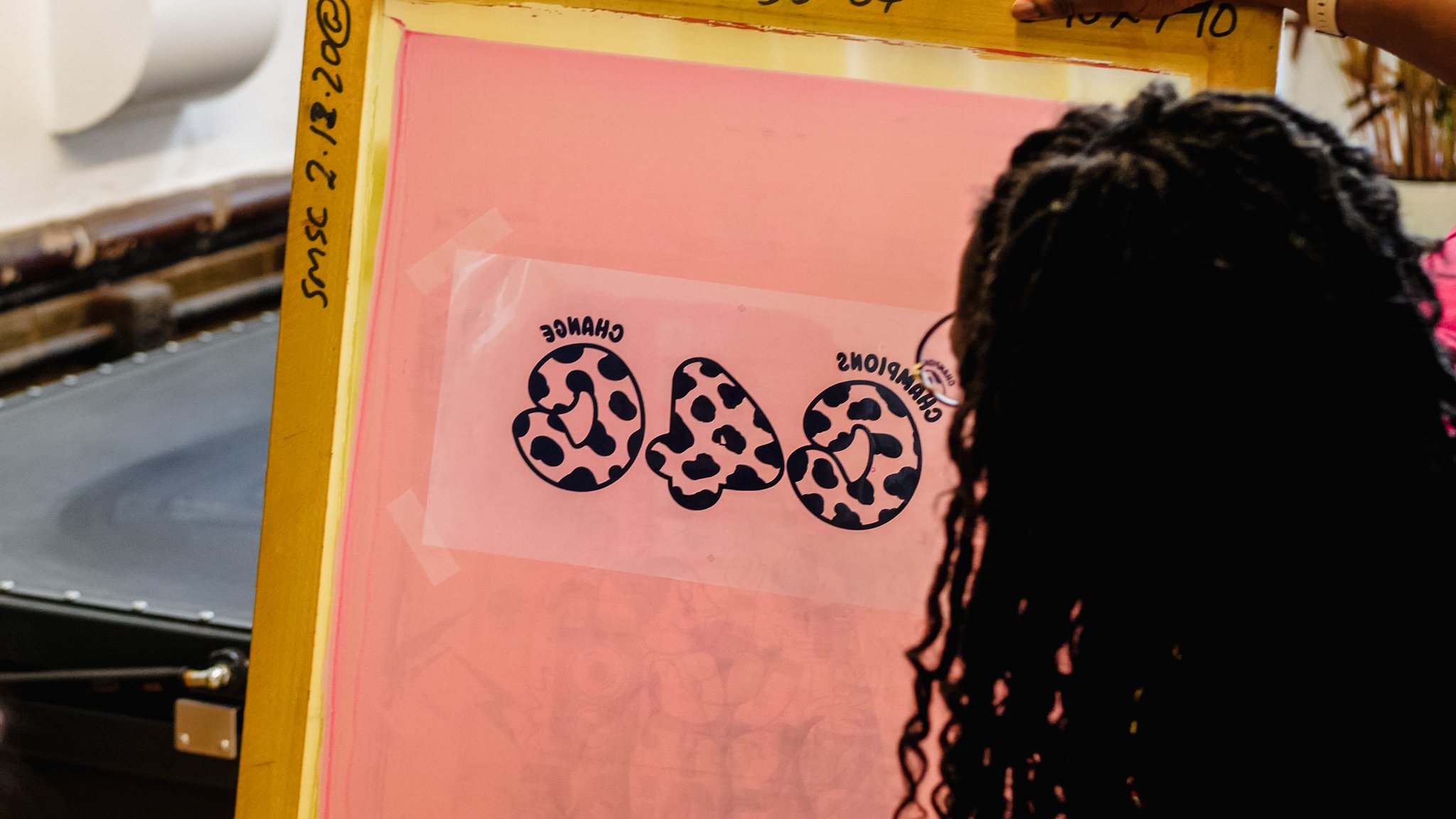“This is where I need to be, these feel like my people”- 4 main Themes From Our Young Person’s Project
A Thematic Analysis of Field Notes from July to Sept, for the young person’s project, Mental Health Manifesto- Action For Our Future.
Prepared by Dr Michaela James, Swansea University, Hannah Spacey, Public Health Wales, Anna Boggiani-Lloyd, Single Parents Wellbeing
Background
Funded by The National Lottery Community Fund and in Partnership with Mental Health Foundation, Swansea University and Public Health Wales, the Mental Health Manifesto is led by Single Parents Wellbeing (SPW) charity, based in Cardiff. The project aims to engage with children and young people (10-25 years) from single parent households to co-design and deliver what they need to create positive pathways to a mentally healthy future. During the project, beneficiaries are given the opportunity to make new connections, have their voices heard and build positive foundations for their future. The project uses an action research approach, where beneficiaries shape the project content and delivery in real-time, ensuring that the project is tailored to the current needs of the people it seeks to serve. The team run a series of public engagement sessions in and around Cardiff, which provides beneficiaries with weekly mental health and wellbeing engagement workshops that are based on the needs of the children and young people who attend.
The aim of this report is to provide an overview of field notes taken from July to September 2023 as part of ongoing evaluation.
Methodology
Field notes were reviewed and coded, before being clustered into over-arching themes and analysed collectively. The main findings of the research are presented in this report. An inductive, grounded theory approach was implemented during the analysis of 12 field notes
The analysis was completed by an external research officer from Swansea University who is funded to work on the project (MJ) and a placement student from Single Parents Wellbeing (AB-L)
Initially, 48 codes were identified from the data. Codes with only >5 references were reviewed and recoded which generated 7 codes in total. Four main themes were identified (see diagram) with a subsequent three subthemes. These are discussed in more detail in the following section.
Four themes emerged from the codes:
1. Having compassionate conversation and open, honest conversations.
2. Facilitating healthy relationships and boundaries
3. Providing opportunities to thrive
4. The concerns of young people
1. Having compassionate conversation and open lines of communication
This theme was also identified in the first report prepared for SPW. It is a continuation of earlier findings that highlighted the importance of young people having a voice within the project and contributing towards project outcomes. One of the key aspects raised was around more open lines of communication or more accessible lines of communication around sessions. This theme
highlights the importance of fostering an environment where young people from
single-parent households (SPH) feel comfortable and supported in discussing their concerns, needs, and aspirations. In particular, in relation to how the project is running and logistics. This includes volunteering opportunities. Young people frequently asked, "What is the project about?" indicating a need for clear and open communication to ensure that all participants fully understand the project's purpose and goals.
Questions like "What activities the volunteers would be asked to do" and "What are the hours and days" emphasise the significance of transparent communication regarding roles, responsibilities, and time commitments for volunteers. Concerns about overlapping commitments, underline the importance of conversations to address scheduling conflicts especially in SPH.
"Help people from single parent families and being open about it" (CYP)
“She had encouragement from her friend to come along that brought her to the session” (Staff)
“I wish I knew about SPW years ago, everyone is lovely” (CYP)
“What activities the volunteers would be asked to do" (CYP)
"What is the project about?" (CYP)
"What are the hours and days" (CYP)
"If things are going on at the same time that I am already planning to do”
Recommendation
The project should continue to prioritise clear communication, open conversations about single-parent family experiences. By doing so, the project can better serve young people and help establish clear pathways for engagement.
2. Facilitating healthy relationships and boundaries
From this set of field notes, relationships were discussed in terms of both peer relationships and family relationships. It was evident that some very strong friendships are apparent in the sessions. There were some instances where trickier relationship dynamics were observed. his highlights the complexities of relationship facilitation taking place in the sessions. However, in general, this appears to be dealt with compassionately by the staff members. Smaller group work seemed to help with this. This theme encapsulates the key aspects of creating a supportive, nurturing, and inclusive environment for CYP. Quotes such as "To have my mates around at the events" and "Listened to and treated the same as others" underscore the need
for inclusivity, where young people are encouraged to bring their friends or make new friends. There were also quotes related to family dynamics. This highlights the need to understand and address the complexities of family structures, something that all staff will be familiar with.
This theme highlights the importance of having role models who can provide guidance and support, especially for those who may lack positive male influences in their lives.
"B and E have a great friendship and spent most of their time together talking and bonding, they were both open and talkative." (Staff)
"Relationship building between peers was also very apparent"(Staff)
“My dad left my mum because he met another woman, I now have a step family with them” (CYP)
"The drama (this CYP fell out with their friend at the event but have since made up)" (Staff)
"Lots of managing emotions and preventing arguments" (Staff)
"Alternating a discussion/activity with a team building game worked well to encourage the quieter group members to feel at ease and join in" (Staff)
"Need for positive male members of staff or volunteers," (CYP)
" You pick up more individual information in smaller groups."
(Staff)
Recommendation
The field notes show that relationships are built and needed in different ways by CYP
acknowledging the different emotional needs, structures and approaches to work well within these groups. Role modelling is essential to highlight safe relationships with boundaries and conversation.
3. Providing opportunities to thrive
Providing opportunities to thrive as a big theme that emerged that has been seperated into further subthemes; confidence building, safe spaces and wider needs. This general theme highlights the project's role in offering a holistic and supportive environments where CYP can develop and thrive in various aspects of their lives. A key component of these opportunities was empowerment, whether this be through incentives or volunteering. Volunteering is a key component that not only provides young people with a sense of purpose but also fosters skills and confidence.The quotes reflect the eagerness of CYP to embrace volunteering roles. Confidence building is a big aspect, particularly for young people facing challenges in their lives. The project offers a safe space for participants to regain this, as highlighted by the journey of those who have become more talkative and open over time.
The project is perceived as a safe space where CYP feel a sense of belonging and acceptance. Quotes such as "this is where I need to be, these feel like my people" emphasise the importance of providing such spaces for health and wellbeing. A big part of this is fostering community so the project can offer participants a network of support and belonging.
A number of parents were noted as taking part in sessions activities. It is important to consider if this still feels ‘safe’ for CYP.
It was also apparent in this block of field notes that thriving extends beyond mental health and includes addressing more physical and basic needs such as food and financial support. These considerations help alleviate pressures and contribute to participants' overall wellbeing. The wider needs of the group have become apparent. This has been something that has been bought up previously in sessions around food and access to drinks (cups of tea). It would be good to take note of this going forward - is this for parental comfort (hot drinks) or a necessity?
Acknowledging and supporting individual interests, such as gaming, arts and crafts, or sports, allows participants to connect with activities they are passionate about, further contributing to their experience of the sessions but also the general happiness. By offering a combination of incentives, volunteering experiences, confidence building activities, safe spaces, and support for wider needs, the project can empower CYP. While this can be tough, with needs differing from group to group - this theme emphasises the importance of compassion and understanding as well as listening so that we can co-produce/design spaces that suit all young people and their backgrounds.
"Also welfare needs like food are important when attending an event like this" (Staff
“She won’t queue up for food at the food bank place, she won’t reach out but she will come to me. I’m her mum... He gives her £100 a month and says she should be grateful. She was a teacher and can’t be now because she’s a single parent, she’s taken redundancy and a lump sum of 27k and will have to be reemployed as a supply teacher in September which is great but all that money will now go on childcare.” (CYP)
"Young people who took on volunteer roles had alot of pride in their success at achieving tasks, and built self esteem and confidence" (Staff)
“Time credits” (CYP)
“£1 a week” (CYP)
“I don’t know what I’d want to do before volunteering, I’m up for anything. I’d do anything. I could help with sports or help with younger kids. In school I look out for younger kids in the school
at play time. I don’t think anything would stop me volunteering, its fun. I’m not worried about anything” (CYP)
"Other parents commented on how it was nice that the site felt secure and safe." (Staff)
“reclaim the label “Single parent”” (Staff)
"One of the parents made a collage on a piece of paper instead of a journal and said ‘it was the most relaxing thing I've done all weekend. This is the first time we’ve left the house and I really needed this” (Staff)
“She won’t queue up for food at the food bank place, she won’t reach out but she will come to me. I’m her mum... He gives her £100 a month and says she should be grateful. She was a teacher and can’t be now because she’s a single parent, she’s taken redundancy and a lump sum of 27k and will have to be reemployed as a supply teacher in September which is great but all that money will now go on childcare.” (CYP)
"Also welfare needs like food are important when attending an event like this" (Staff)
Recommendations
The subthemes of confidence building, safe spaces and wider needs were grouped together under this theme as they all contribute to opportunities to thrive whether that be purely in the sessions or outside. They are three key aspects that continue to emerge throughout the project in CYP.
4. The Concerns of Young People
This theme highlights how important it is to acknowledge and address the concerns and challenges that young participants may face during the project's socials and workshops. There is a lot of good feedback happening from the sessions but we must also acknowledge where we can learn and adapt. There were some CYP who had concerns about being in a room full of people, big crowds, or speaking in front of strangers.
This can cause anxiety and fear so it is important to recognise who might not like being put in this situation. However, this should be done in a way that promotes empowerment. Feelings of being different, not treated fairly, or not having help desired can lead to concerns. Encouraging CYP to overcome their fears of speaking empowering. By offering support, guidance, and opportunities for skill development, the project can help participants build this confidence. It’s really important that the project continues to promote open and honest conversations. This not only validates feelings but also fosters a culture of understanding and support.
"Speaking in front of a big crowd" (CYP)
“Others might worry about speaking in front of others" (CYP)
"Not being treated fairly" (CYP)
Recommendations
These findings hold valuable implications for young people from single parent households and suggest potential strategies and points to consider for the future and for the development of a mental health manifesto.
The themes presented in this report reflect the breadth and depth of what the project is covering, dealing with and addressing. With this in mind, it is important that the project continues to stay in line with its objectives and listens to what young people want and need.
During this analysis, MJ noted a number of quotes from adults taking part in the activities. It is worth considering if this is line with the remit of the project and whether this keeps spaces feeling safe for young people to take part without adult domination.
Overall, there is still clear that there is fantastic work taking place with some areas to learn and develop for the next three months





